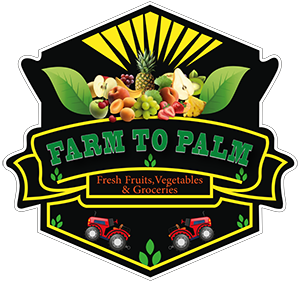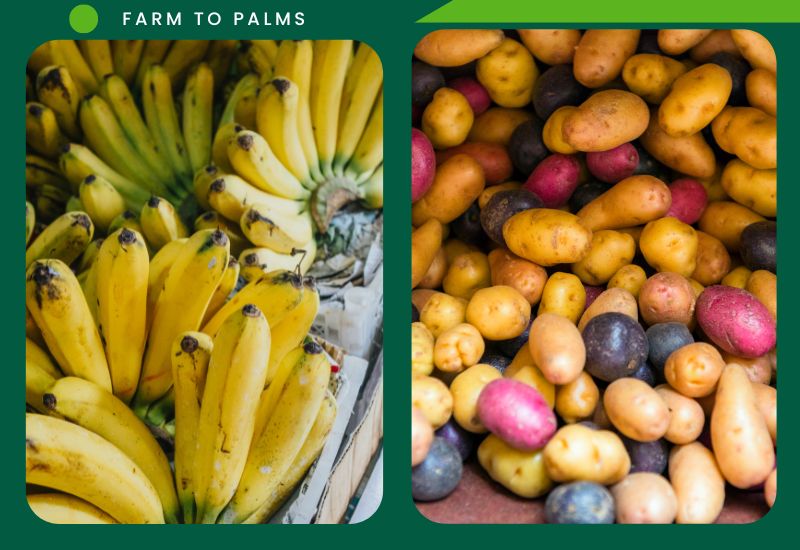It would help to avoid combining bananas with watermelon, papaya, lime, cucumbers with tomatoes, carrots with oranges, etc.
Fruits are essential for the body, containing many vitamins and minerals. However, some types of fruits and vegetables, when combined together, can cause health issues. Here are some fruits and vegetables that are not compatible with each other:
Eating bananas with potatoes, sweet potatoes…
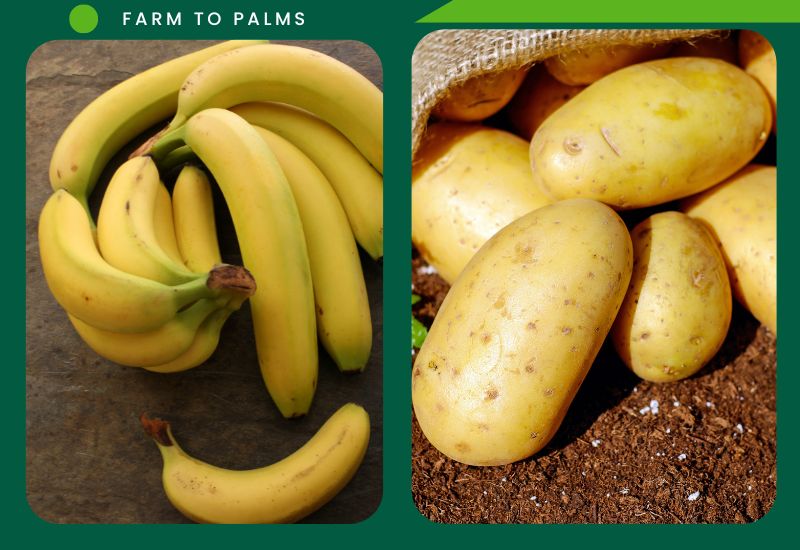
Potatoes are rich in carbohydrates, while bananas are abundant in carbohydrates and sugar. These foods are not suitable for overweight individuals or those needing to control starch intake. Combining these two foods can lead to excess energy in the body, causing fatigue and sluggishness.
Bananas and watermelon
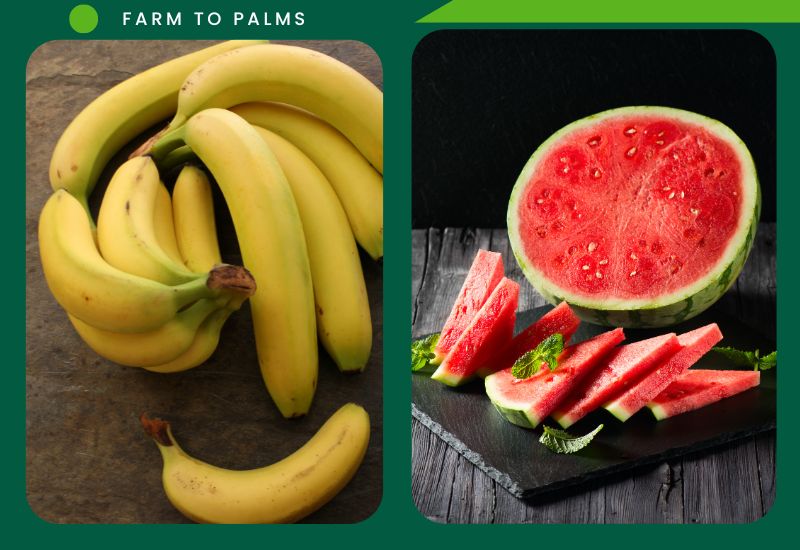
Watermelon contains sugar levels that can reach around 15% and is rich in potassium. Bananas are also very high in potassium, with concentrations ranging from 300-500 mg/100g. Therefore, patients with kidney failure should not eat fruits containing high potassium levels, such as bananas and watermelon. Elevated levels of potassium in the blood can disrupt heart rhythms.
Additionally, bananas should not be eaten with milk, which can lead to bloating and is not good for digestion.
Pomegranate and sweet potatoes
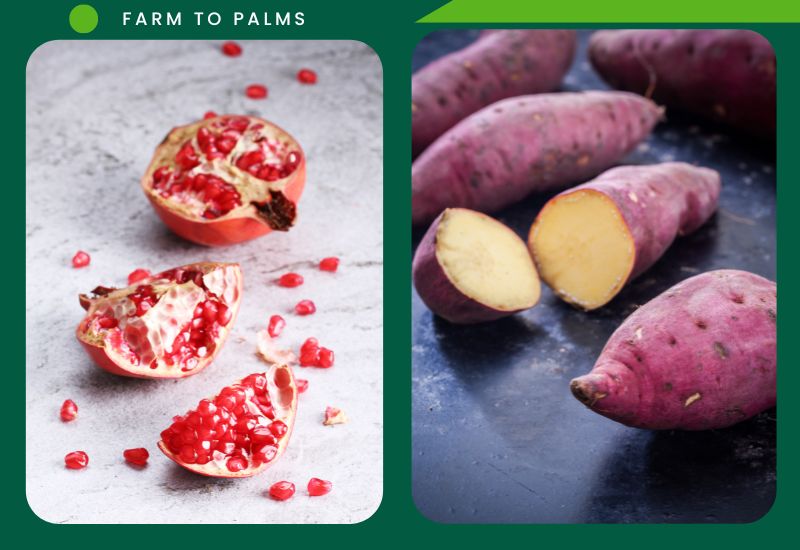
The starch in sweet potatoes stimulates the stomach to produce acid. When combined with tannins and pectin in pomegranates, it can form stones in the stomach. Over time, these stones can cause gastric ulcers and bleeding.
Sour fruits (orange, grapefruit) and cow’s milk
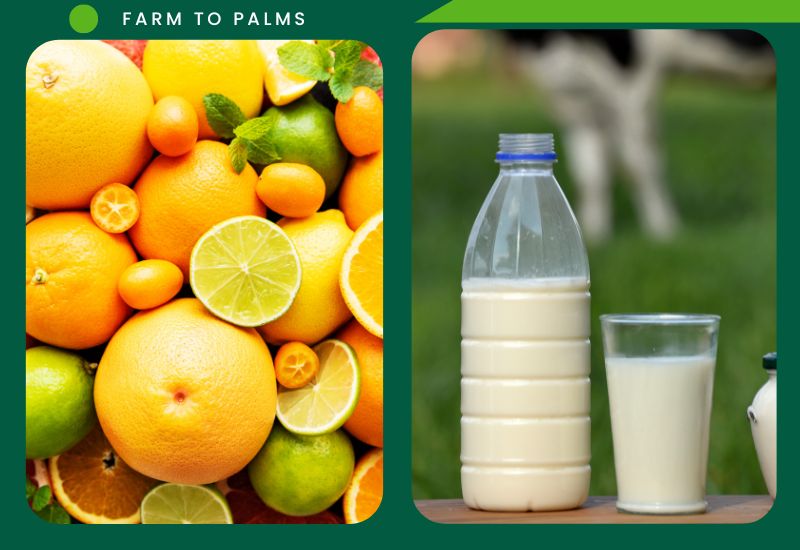
Cow’s milk is protein-rich, with casein accounting for up to 80%. Mixing or consuming cow’s milk with sour fruits can cause the casein to clump together, leading to digestive disorders. Sour fruit juices are acidic and can alter the properties of cow’s milk, making it hard to digest.
Pineapple and milk
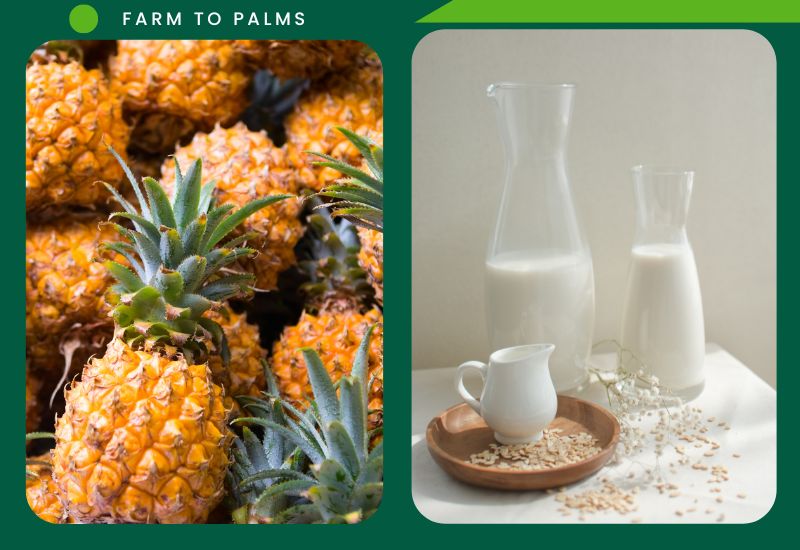
Pineapples contain bromelain, an enzyme that breaks down proteins in milk. Combining the two can cause nausea, abdominal pain, diarrhoea, and headaches, and it is especially not recommended for young children.
Cucumbers with tomatoes
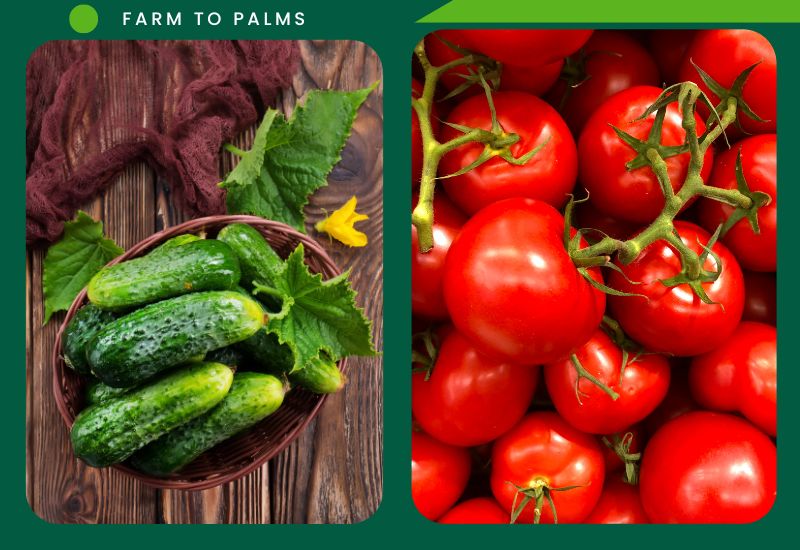
Tomatoes are rich in vitamin C, while cucumbers contain an enzyme that breaks down vitamin C. When combined, it reduces the body’s ability to absorb vitamin C.
Carrots and beets
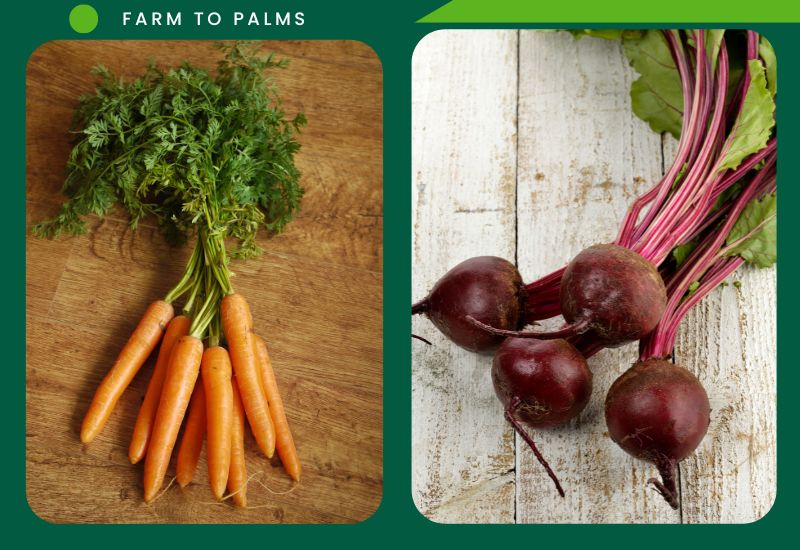
Carrots and beets are very healthy, but eating these vegetables together reduces their nutritional value. Beets are rich in vitamin C, while carrots contain enzymes that break down vitamin C.
In addition to beets, other fruits rich in vitamin C, like oranges and peppers, should not be eaten with carrots. You may experience indigestion and even kidney problems if you consume these two together. Avoid drinking fruit smoothies or citrus fruit juices combined with carrots.
White beets and various fruits such as pears, apples, grapes
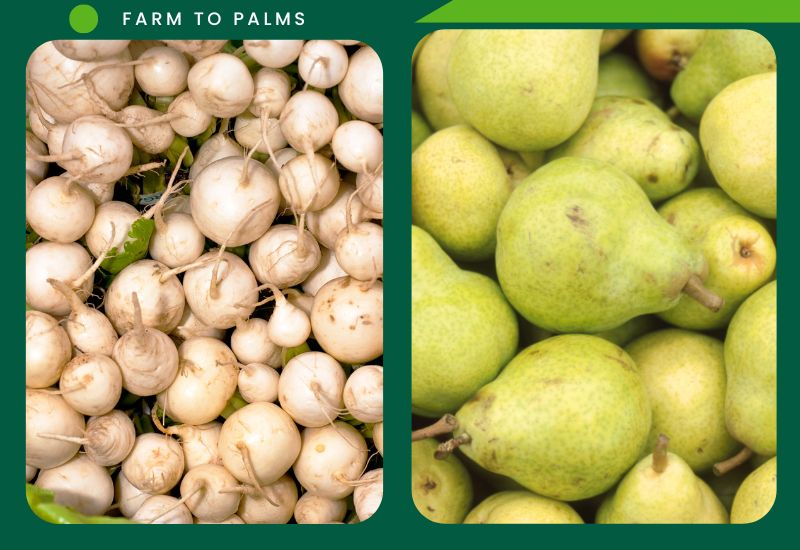
Cyanide-containing cartons in pears, apples, and grapes react with sulfur cyanogen acid in beets, causing thyroid dysfunction and goitre in consumers.
Papaya and lime
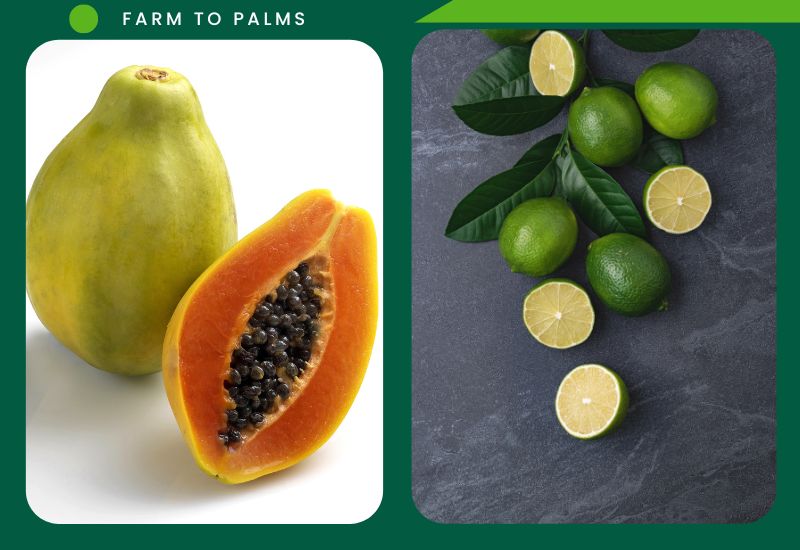
When these two fruits are combined, they produce toxins that affect the haemoglobin in the blood. Eating them together for a long time increases the risk of anaemia in young children.
Fruits rich in protein and fruits rich in starch
Most “detox smoothies” contain vegetables and fruits with high protein content. Vegetables and inherently starchy fruits, such as green bananas, corn, nuts, or potatoes, should not be consumed with protein-rich foods like broccoli, asparagus, and guava.
The reason is that the human gut microbiota cannot digest these foods and requires various bases, such as alkalis, to support this process. Bases can metabolize starch, while fruits are acidic and can hardly metabolize protein.
